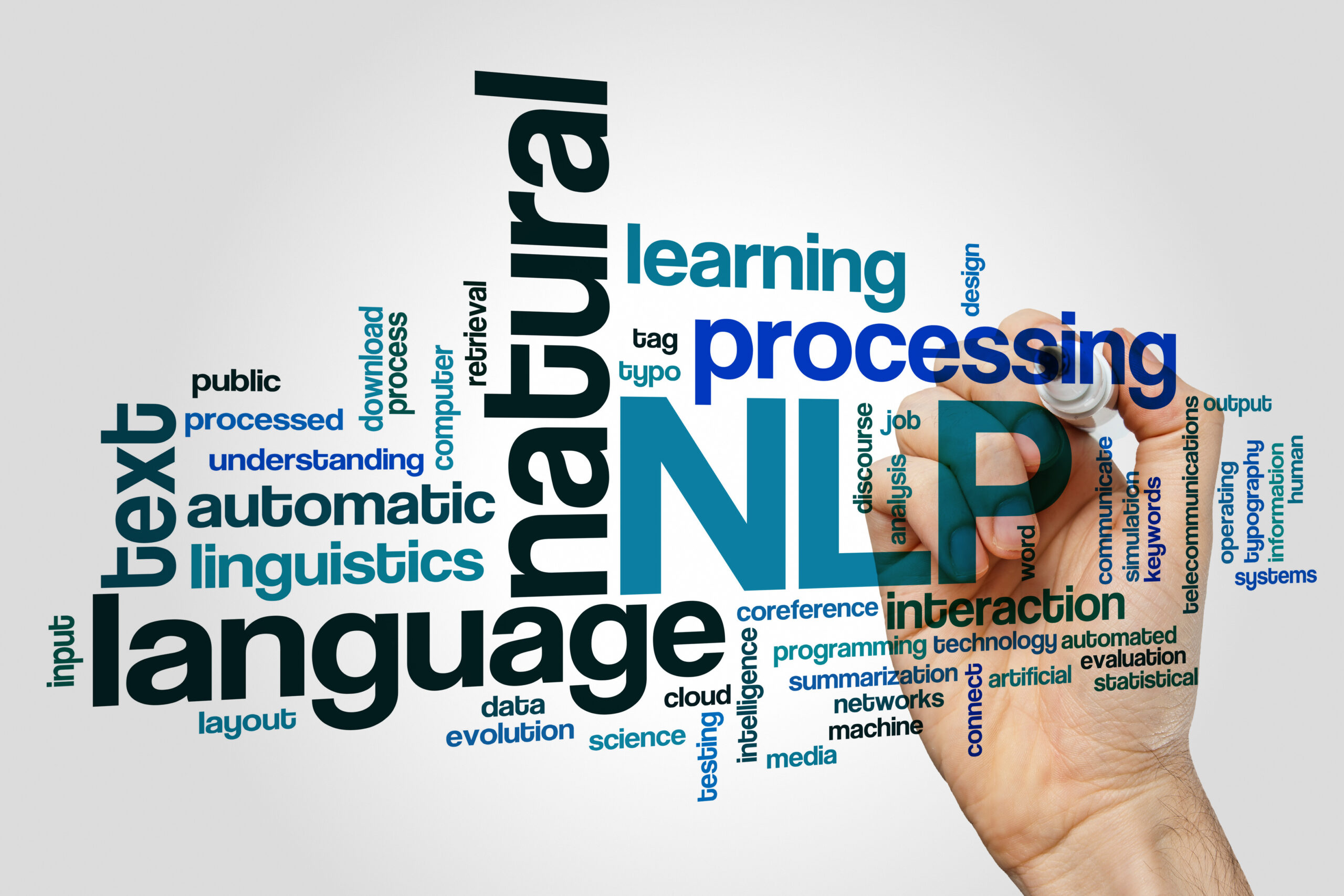
January 15, 2025
How Data-Driven Companies Are Using Text Analytics and NLP
Text Analytics and Natural Language Processing (NLP)
Text analytics and Natural Language Processing are the next phases in the evolution of technology. Industries accumulating unthinkable volumes of data have driven large corporations to resort to text analytics and NLP to simplify numbers and aid decision-making within an organization. Advancements in text analytics and NLP are enabling machines to better understand human language, context, and intent—bridging the gap between raw data and meaningful insight.
Here are 4 ways how data-driven companies are using Text Analytics and NLP -
Democratizing Data: How NLP Enables a Data-Driven Culture
Text analytics and NLP are used to foster a data-driven culture. Data analysts and professionals alone will not be the only ones handling data input and analysis. The input and interpretation of data sets will be made accessible to everyone. Experts refer to this process as ‘data democratization. Data democratization will equip more people to derive insights from the data and interpret them. Nurturing a culture that relies on evidence to make observations will make a company dynamically data-driven.
Empowering Employees with Accessible Data Insights
Asking the right questions is key to gaining valuable insights and observations. With the growth of Text Analytics and Natural Language Processing (NLP), data analysis is now more accessible for professionals in various fields. By developing the skill to ask effective questions, administrators, business operators, managers, and others will be better equipped to uncover important insights and make well-informed decisions. This capability will empower all employees to contribute meaningfully to their organizations.
Using NLP to Tame and Analyze Big Data
NLP allows users to analyze volumes of data, even for critical research and development. Machines can seamlessly find, evaluate, and summarize critical information from vast amounts of unorganized data that would be impossible for a human to analyze. The speed and precision of machines help us tackle several critical issues that would otherwise take forever.
Pharmaceutical and insurance companies, for instance, refer to a medical compendium that lists approved and preferred drugs for treatment. This list is exhaustive and constantly under revision, and pharmaceutical companies have a lot at stake with a particular drug moving up or down the list. The review of the compendia has always been done manually, increasing the risks of changes being spotted too slowly or not at all. Machines can help alert the concerned authorities when there are changes made to the compendium, ensuring that these data-driven companies avert possible losses.
Enhancing Customer Experience with Sentiment Analysis
Understanding how customers feel about your product or service is crucial. With sentiment analysis, companies analyze customer reviews, support chats, and social media comments to understand sentiment and emotional tone. This allows them to:
1. Adjust product features
2. Improve service delivery
3. Personalize customer interactions
For example, an e-commerce brand might identify that frustration with delivery times is a recurring issue and address it proactively.
Predicting Trends and Market Shifts with NLP
Text analytics and NLP are reshaping how data-driven companies operate. From democratizing insights to predicting market trends, these technologies are unlocking faster, smarter, and more human-centered decision-making. As adoption grows, we can expect businesses to become more responsive, customer-centric, and future-ready.
The scope of Text Analytics and NLP is wide. Both have the potential to make applications and businesses consumer-friendly. They skip the process of having to translate queries into computer speak, which will enable humans to interact with computers in ways we never imagined.
Curious how your organization can implement NLP tools effectively? Reach out to our team or explore our case studies to get started.
Additional resources:
1. Benefits of Using Big Data for Small Businesses
2. AI in Action: Beyond Experimentation to Industry Transformation
- Big data
- Data analytics
- Database
- natural language process
- NLP
- Predict analysis
Want This Done the Smart Way
Want This Done the Smart Way?
Let's Connect
Ready to get started?
We'd love to talk about how we can work together
AWS CLOUDCOST
Take control of your AWS cloud costs that enables you to grow!
